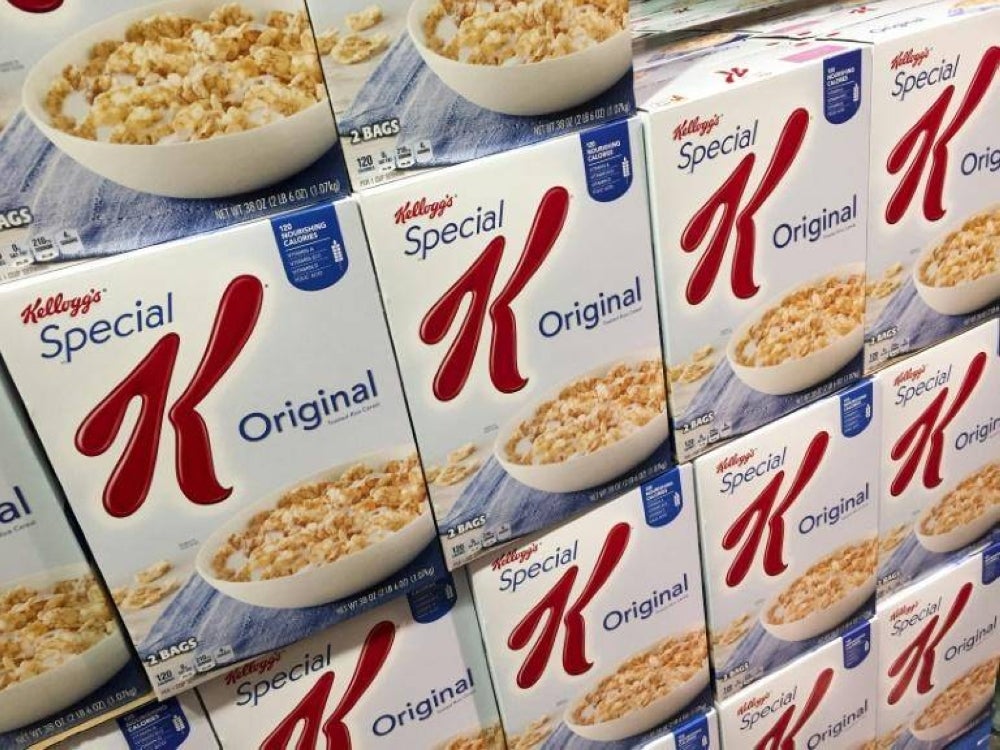Kellogg's falls foul of Mexico sugar labeling rules

MEXICO CITY - US cereal giant Kellogg's has been sanctioned by the Mexican authorities for breaking sugar and other content labeling rules in a country with one of the world's most obese populations.
Around 380,000 boxes of Corn Flakes and other Kellogg's cereals have been blocked from sale, Federal Consumer Prosecutor's Office (Profeco) spokesman Jesus Montano told AFP on Tuesday.
"They cannot market them like that," he said.
The products fail to clearly warn consumers about excess calories and added sugar content, according to Profeco.
"The national regulation requires that nutritional information be declared in clear, visible, indelible characters and in contrasting colors," it said in a statement.
Kellogg's Mexico said in response that it had been "committed to ensuring access to healthy, safe and affordable food, with clear nutritional information" for more than 70 years.
"After discussions with the government, we are sending more products to the point of sale that have already been reviewed," it said on its website.
Since October 2020 Mexico has required companies to warn consumers if their products contain excess sugar, sodium or saturated fat.
Many products on sale in supermarkets have one or more of the labels.
Drawings on packaging are also prohibited to protect children.
The measures aim to tackle poor diets and health problems that officials partly blame for Mexico's Covid-19 death toll of more than 300,000 -- one of the world's highest.
Some 70 percent of Mexicans are overweight and nearly a third are obese, according to government data. - AFP











